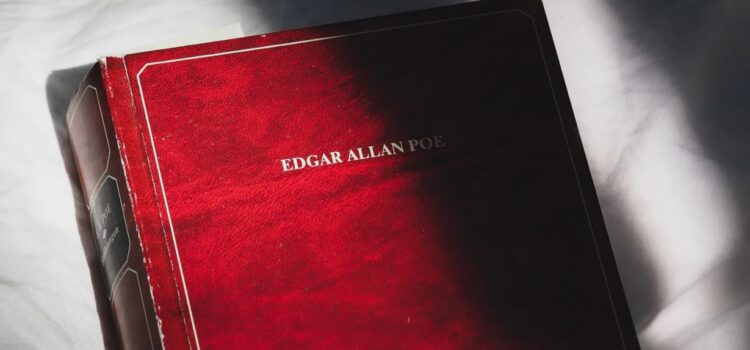What does it mean when authors reference the Bible in literature? What biblical symbols should you be on the lookout for? Authors commonly reference the Bible to deepen the meaning of their work. Many authors also use the Bible to highlight the differences between religious tradition and modern life. Keep reading to learn why the Bible is so commonly referenced in literature and what those references may mean.
The Bible in Literature: A Way to Deepen Messages










